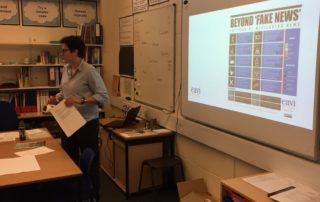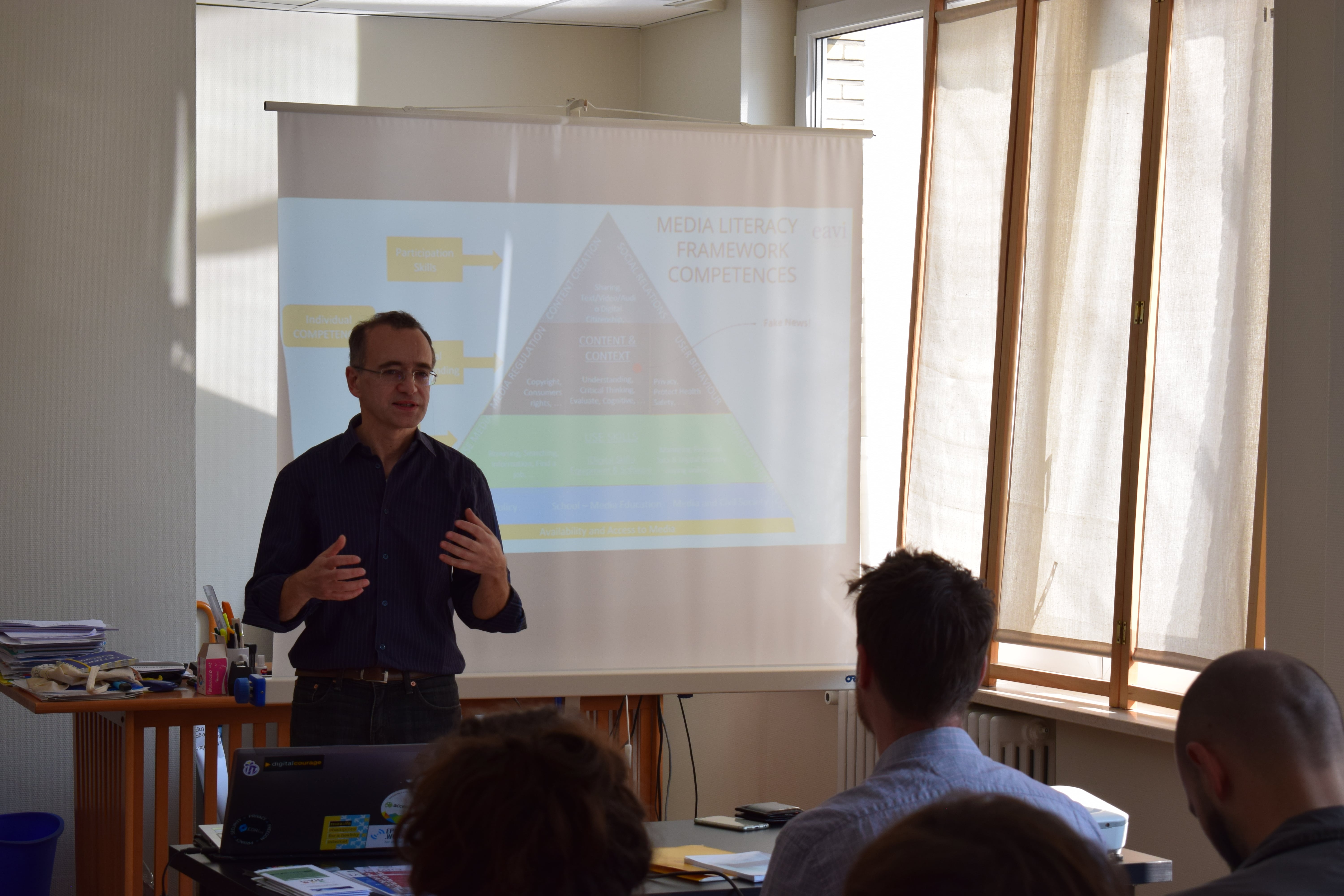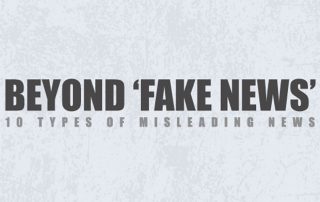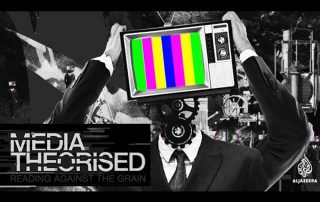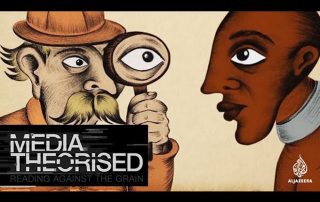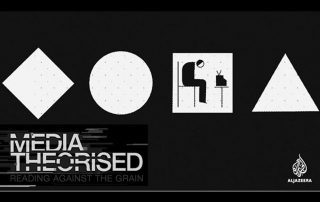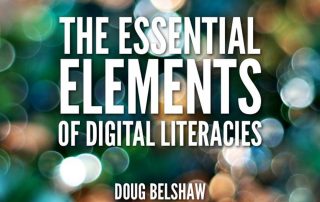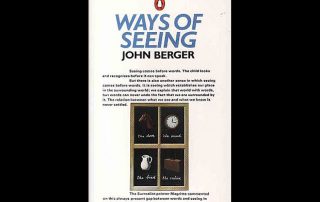Boosting Global Citizenship Education using digital storytelling
This article was written by Barbara Quarta. She is coordinator of the Brights Project. If you would be interested about finding out more about this work, pleas click here. The current global scenario requires education and training institutions and practitioners to assume greater responsibility than ever in helping learners of all ages and backgrounds to develop into informed, critically literate, socially-connected, ethical and engaged global citizens. Nowadays, it is crucial that education gives students the opportunity and competences to reflect and share their own perspective and their role in a globalised society. Global Citizenship Education (GCE) has been developed [...]
MyStory: Media, Migrants & Refugees
The #MyStory: Media, Migrants & Refugees project was an initiative to raise awareness, promote discussion and assist journalists, migrants and refugees and the organisations working with them, to contribute to improve the media narratives of displaced peoples in a fair way. The project (577396-CITIZ-1-2016-1-BE-CITIZ-CIV) was funded with the support of the European Union under the Programme "Europe for Citizens" Within the project we organised ten events in seven different countries. Our debates have been very well received including at the highest level at the European Parliament. Many quality videos have been produced and they are [...]
Media Literacy Workshop (KIDS)
EAVI visited Stokeinteignhead School in Devon, UK, on 16 November 2017 to deliver a workshop introducing 10 and 11 year olds to media literacy.
Beyond Fake News Workshop – September 26, Brussels
EAVI’s Beyond Fake News Workshop took place on 26 September 2017, in association with ECAS. It was attended by 20 professionals from various international organisations, local and national governments and NGOs.
Infographic: Beyond Fake News – 10 Types of Misleading News – Seventeen Languages
Introducing our new infographic 'Beyond Fake News' and some resources to use it with.
Stuart Hall: Race, Gender, Class; the politics of news
About Mainstream media wield an enormous power in shaping perceptions of race, ethnicity, gender and class. The job of the media theorist is exposing and questioning the ideology that lies behind such representations. This idea was first explored by the Jamaican-born cultural theorist Stuart hall, who studied and worked in the UK at a time when diversity was not perceived yet a an enriching factor for society. Credits Narrated by Natalie Jeffers, co-founder Black Lives Matter UK Designed and animated by Ilze Juhnevica & Zahra Warsame [...]
Edward Said: Framed: the politics of stereotypes
About Are we sure that the perception that we have about the East (and about the Middle East and the different struggles it is going through) is neutral and unbiased? The Palestinian academician Said advanced the hypothesis that the European perspective on the East, that has been shaped throughout the 18th and 19th centuries by Orientalism, a mystified vision of an exotic Elsewhere, symmetrically different from and characterised by the Irrational (as opposed to the West as cradle of civilisation and rationality), continued to be heavily influenced by this ideal. In his view, [...]
Marshall McLuhan Digital Prophecies: The medium is the message
About McLuhan does not analyse the content, but the form in which this content is delivered to us by the media. Since the medium is the message, if you don’t understand the medium you don’t understand the message either. The form informs identity, the ways we perceive ourselves, and since the form changes (from the telegraph to...social media), also our perception of the world and of ourselves is shaped by this shift. Credits Narrated by Alex Chow, student leader 2014 Hong Kong Umbrella movement Directed and animated by Daniel [...]
The Essential Elements of Digital Literacies: Doug Belshaw TEDxWarwick
About Media literacy can be understood in different ways: there are several ways to approach media education. The starting point, however, must always be the traditional concept of ‘literacy’; therefore, the traditional definition of it as it was defined back in 1957 is still valid to this day. We have to start from the assumption that it is not really possible to speak of illiterate and literate persons as two different categories: literacy is a spectrum of variability in the capacity of understanding and making sense of the world. Modern literacy comprises a [...]
Ways of Seeing – John Berger, BBC 1972
About Ways of Seeing is a 1972 BBC series which later became a book. It is a seminal work of art criticism for the postmodern age. John Berger explores the ways in which we view art with a critical eye and challenges traditional art criticism. Credits Created by John Berger Produced by Mike Dibb



